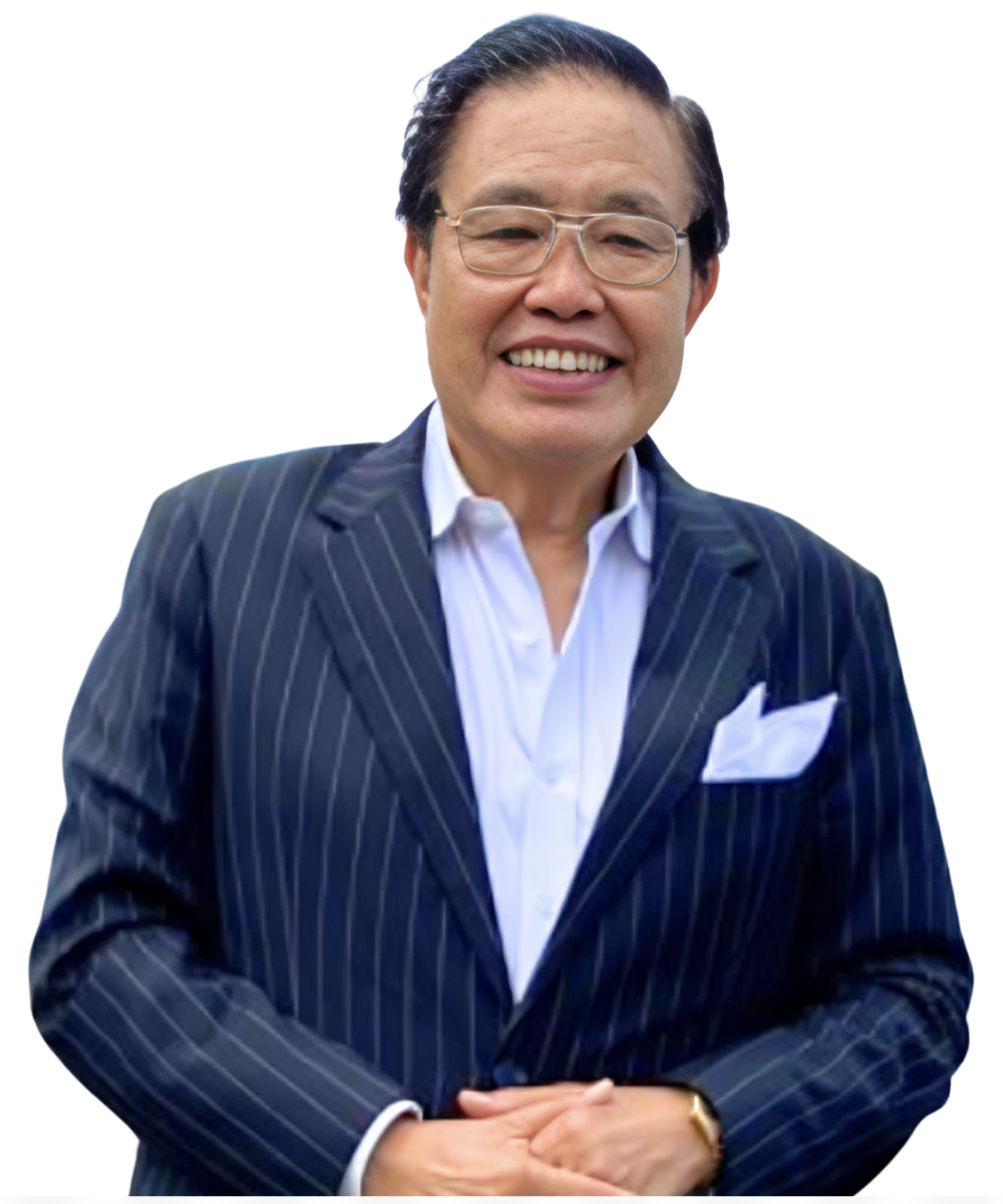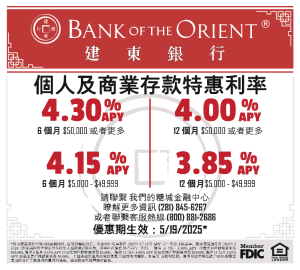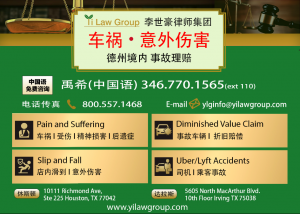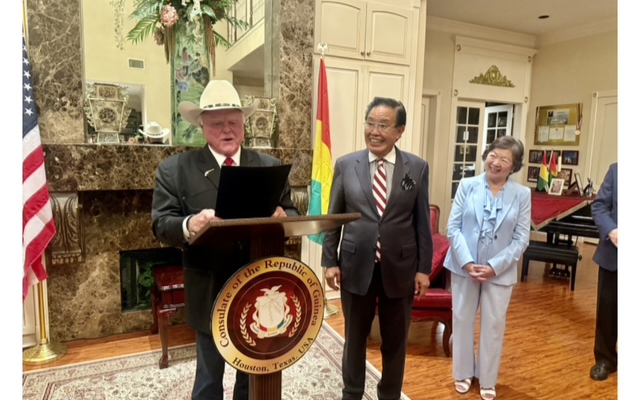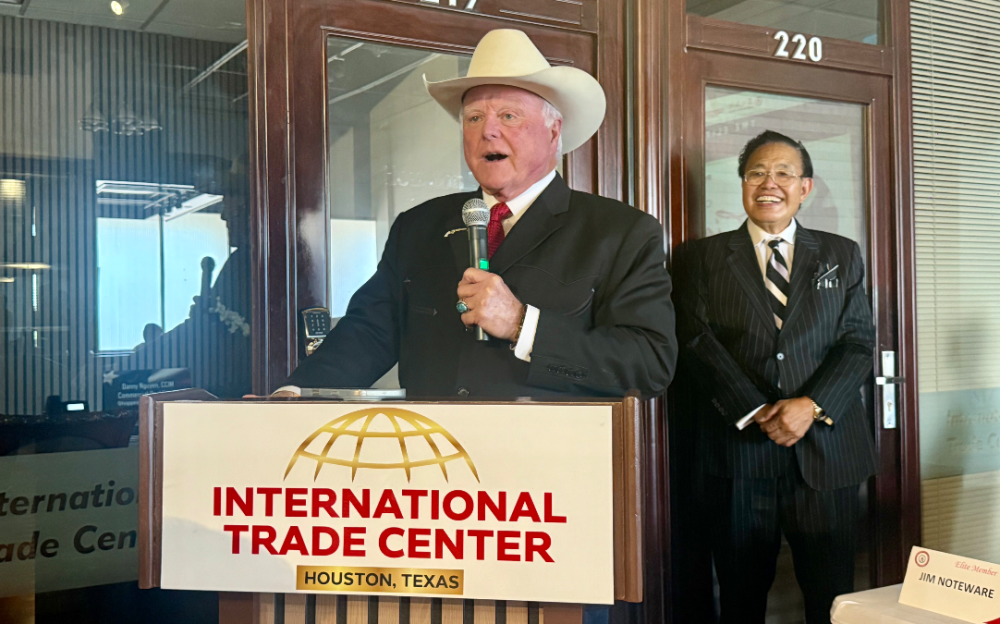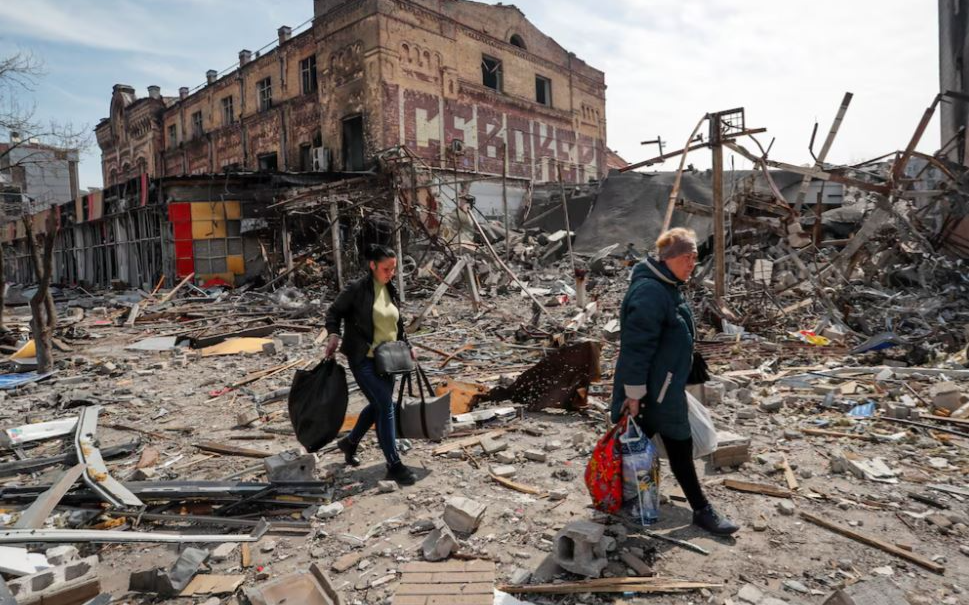台湾大罢免:改变国会权力版图的关键一役
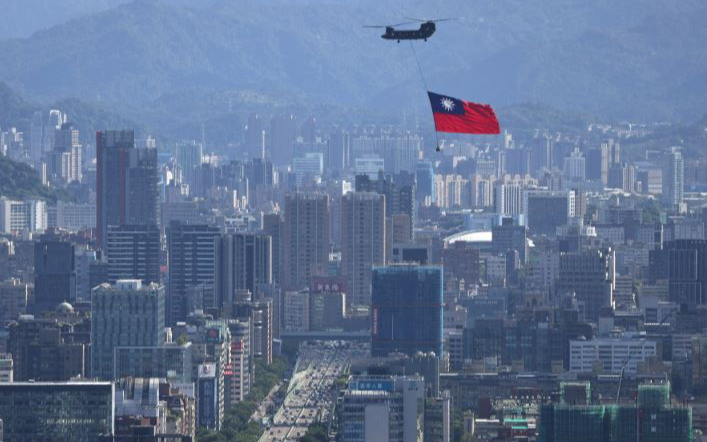
Taiwan’s Mass Recall: A Defining Battle Over Legislative Power
The summer of 2025 has ignited an unprecedented political storm in Taiwan—what has become known as the “Taiwan Mass Recall” is now fully underway. Spearheaded by the Democratic Progressive Party (DPP) and several civic groups, this movement targets multiple Kuomintang (KMT) legislators and Hsinchu Mayor Ann Kao (Gao Hongan), aiming to reshape the balance of power within the Legislative Yuan and potentially hand the DPP back its majority.
The Spark of a Political Uprising
Launched on February 1, 2025, the recall movement began as a targeted response to certain pro-China rhetoric and the obstruction of national defense budgets by some KMT lawmakers. Yet as public momentum grew, the scope rapidly expanded. Currently, 24 KMT legislators and Ann Kao are facing formal recall efforts, with the first round of votes set for July 26, and a second phase in select districts is scheduled for August 23.
According to Taiwan’s Election and Recall Act, a recall will only pass if voter turnout reaches a legal threshold and the number of “yes” votes exceeds “no” votes. In other words, beyond signature campaigns, the movement must galvanize real turnout—encouraging voters to leave their homes in the peak of summer to cast a decisive ballot.
Political Stakes Beyond Individual Seats
The outcome of this recall effort is about more than individual politicians—it could overturn the Legislative Yuan’s current power structure. Presently, the KMT-People’s Party (TPP) alliance holds a majority. But if a substantial number of KMT legislators are recalled, the DPP may suddenly gain the upper hand, allowing it to control legislative processes and influence key issues over the next three years, from budget approvals to cross-strait policy and domestic reforms.
Civil Society Rises in Chorus
The recall movement has transcended traditional political lines and entered Taiwan’s cultural sphere. Artists, writers, and filmmakers have launched the “Taiwan Action” video campaign, calling on citizens to act. On April 19, over 50,000 people flooded the streets of Taipei in the “Resist Unification, Protect Taiwan” rally—one of the movement’s most emotionally charged moments.
A Divided Political Response
The DPP has framed the recall as a necessary defense of democracy, national security, and public accountability, mobilizing grassroots networks across the island. In contrast, the KMT and TPP condemn the effort as political retribution and abuse of democratic mechanisms, arguing that only a KMT-TPP alliance can keep the DPP in check.
The KMT has launched a nationwide counter-campaign, including street speeches, rallies, and social media outreach, urging voters to cast “no” votes to protect their representatives and preserve the party’s political base.
Public Opinion and What Lies Ahead
Despite the scale and visibility of the recall campaign, recent polls suggest that a majority of voters remain skeptical or firmly opposed. Many question whether the effort is a misuse of resources or a source of further political division. In the end, voter turnout and public engagement will be the key variables that determine the fate of each recall case.
Tomorrow, July 26, ballots will be cast—not only to decide the future of those up for recall, but also to test the resilience of Taiwan’s democratic institutions.
Looking back at this extraordinary movement, I find myself torn. On one hand, this is democracy in action—citizens wielding their right to hold officials accountable. On the other hand, it reflects how deeply divided our society has become. As tensions rise on the streets and within the halls of parliament, I can’t help but wonder if we are rewriting the future through recall, or should the future be one that heals from division?
Tomorrow’s vote will begin to settle the dust. History will remember the choices that Taiwan makes this summer. I only hope that after this political storm, the skies above this island will remain clear, and its people remain steadfast.


